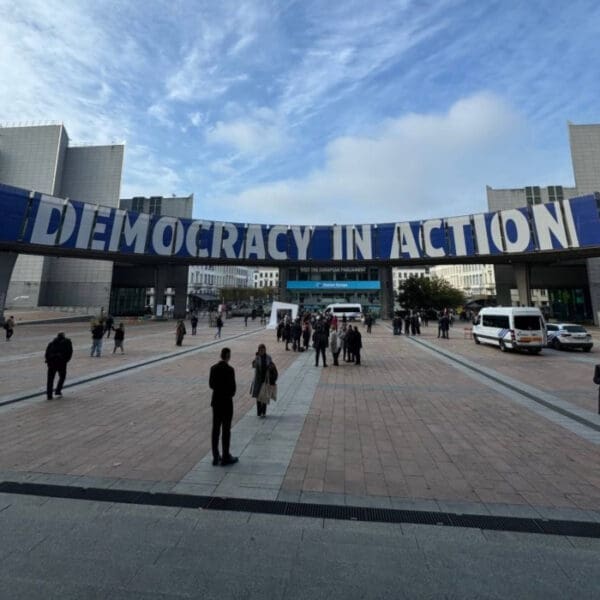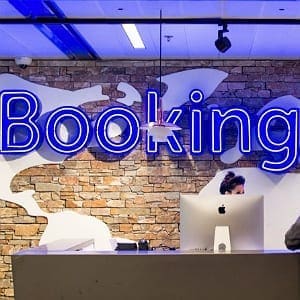 CITS American Express Global Business Travel, a joint venture between American Express Global Business Travel and China International Travel Service, has released the 2018 China Business Travel Survey (the Barometer). The Barometer has revealed that 45 per cent of Chinese companies expect business travel spending to increase over the next 12 months.
CITS American Express Global Business Travel, a joint venture between American Express Global Business Travel and China International Travel Service, has released the 2018 China Business Travel Survey (the Barometer). The Barometer has revealed that 45 per cent of Chinese companies expect business travel spending to increase over the next 12 months.
Despite volatility and uncertainty in the global economy, the outlook reported by Chinese companies is one of the strongest indicators of corporate confidence that has been reported by the Barometer since its launch 14 years ago.
The portion of business travel expenditure allocated to domestic China (versus international) trips has increased by 18 per cent, compared with last year’s Barometer. This indicates that the level of business activity within tier two and tier three cities in Mainland China is rising.
Research conducted by the Economist Intelligence Unit (EIU) has revealed that inland and emerging cities within China are set to outpace top-tier cities in annual GDP growth over the next three years*, creating attractive new business opportunities for Chinese firms.
“An interesting dynamic is emerging when it comes to business activity in China – in addition to domestic growth, China’s soutbound direct investment is once again growing**, indicating a focus on international business activity”, said Kevin Tan, Vice President of CITS American Express Global Business Travel.
“Travel managers now need to ensure travel programs and policies adequately cover the needs of travellers and companies in these new geographies. Emerging cities often lack the same level of infrastructure as more developed cities, creating a need to focus on spend categories that may have received a smaller budget allocation in the past, such as ground transportation. They should also ensure Chinese business travellers are sufficiently trained and educated in the nuances of travelling in different environments.”
The Barometer also revealed that ‘cost savings’ (62 per cent) and ‘compliance’ (57 per cent) are the top priorities for the travel programs of Chinese companies, whereas ‘safety and security’ have slightly dropped from the top priority in 2017. In line with prior year results, the top three concerns on the minds of Chinese business travellers, according to the Barometer, remain the travel reimbursement processes being too complex (49 per cent), pre-trip validation processes being too complex (37 per cent), and travel conditions too strict in general (37 per cent).
“These figures highlight a clear and exciting opportunity to develop simpler and leaner processes to increase business traveller satisfaction and boost efficiency within the company. If a company’s travelers cannot understand or effectively navigate their company travel processes, there will be decreased compliance, leading to greater costs”, continued Kevin Tan.
Considering the significant amount of change occurring in China’s travel industry, both in terms of supply and demand, it’s worth noting that the Barometer revealed 45 per cent of Chinese travel managers believe they have limited knowledge on how to manage a travel program in current business conditions.
Kevin Tan said, “Traditionally for many companies in China, travel budgets have focused primarily on travel servicing rather than strategic travel management. However, as we celebrate the 40th anniversary of China’s Reform and Opening this year, cost-savings, governance and business efficiency, have become a greater focus for Chinese companies. It’s critical that companies engage the right partners for their businesses in order to create a travel program that meets their evolving needs.
“This could range from intelligence on where China’s high-speed rail can prove more efficient for domestic travel than air, as well as international guidance on visas, safety & security, and access to global travel cost-savings. For travel managers without experience in these areas, the learning curve can be steep, so it’s important to know when to outsource key business requirements.”



















